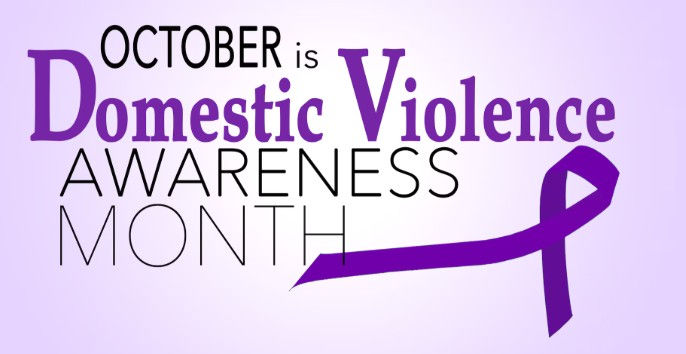Fire Safety: Don't Get Burned
- Kayla Myers
- Oct 7, 2024
- 2 min read
Hey Operation Flourish Fam!
Fire Prevention Week, celebrated annually from October 6th to 12th, is a crucial time to raise awareness about fire safety and prevention. The theme this year is "Smoke alarms: Make them work for you!" Click on the photo above to be taken to a short video on how to make smoke alarms work for you from NFPA.
In addition to talking about smoke alarms, I want to focus on one of the five pillars of the #ChooseHealth movement: Avoiding Risky Behaviors.
Fire is a powerful force that can cause immense damage to property and lives. It's essential to understand the potential risks and take preventative measures to avoid fire-related accidents.
Common Risky Behaviors to Avoid:
Leaving candles unattended: Candles are a common cause of house fires. Always extinguish candles before leaving a room or going to sleep.
Smoking and falling asleep: Smoking materials, such as cigarettes and cigars, are a leading cause of house fires. Never smoke in bed or when drowsy.
Throwing cigarette butts on the ground: Cigarette butts can smolder for hours and ignite dry grass or other flammable materials.
Burning debris or having a campfire without supervision: Open flames can quickly spread, especially in dry conditions. Always monitor campfires and dispose of hot ashes safely.
Placing items near open flames or the stove: Keep flammable materials, such as curtains, towels, and paper, away from stoves, fireplaces, and other heat sources.
Kerosene heaters can be dangerous if not used properly. Follow manufacturer's instructions and keep them away from flammable materials.
Essential Fire Safety Equipment:
Fire extinguisher: A fire extinguisher can help contain a small fire before it spreads. Make sure your extinguisher is properly maintained and you know how to use it.
Fire blanket: A fire blanket can be used to smother a fire. Keep a fire blanket in a convenient location, such as the kitchen or near bedrooms.
Fire ladder (for homes with multiple floors): A fire ladder can provide a safe way to escape from upper floors in case of a fire. Ensure your ladder is the appropriate length for your home and stored in an easily accessible location.
Escape plan: Develop a detailed escape plan for your home, including two escape routes from each room. Practice your escape plan regularly with your family.
Remember, prevention is key.
By being mindful of these risky behaviors and taking proactive steps to create a safe environment, you can significantly reduce the risk of fire-related accidents. Let's work together to promote fire safety and #ChooseHealth.
Cheerfully yours, Kayla Myers
#FirePreventionWeek #FireSafety #HomeSafety #SafetyFirst #PreventFires #StaySafe #HomeFireSafety #KitchenSafety #ElectricalSafety #SmokeDetector #FireExtinguisher #EscapePlan #ChooseHealth #AvoidRiskyBehaviors
P.S. Take a moment to check your smoke alarms. Test them monthly and replace batteries annually.









Comments